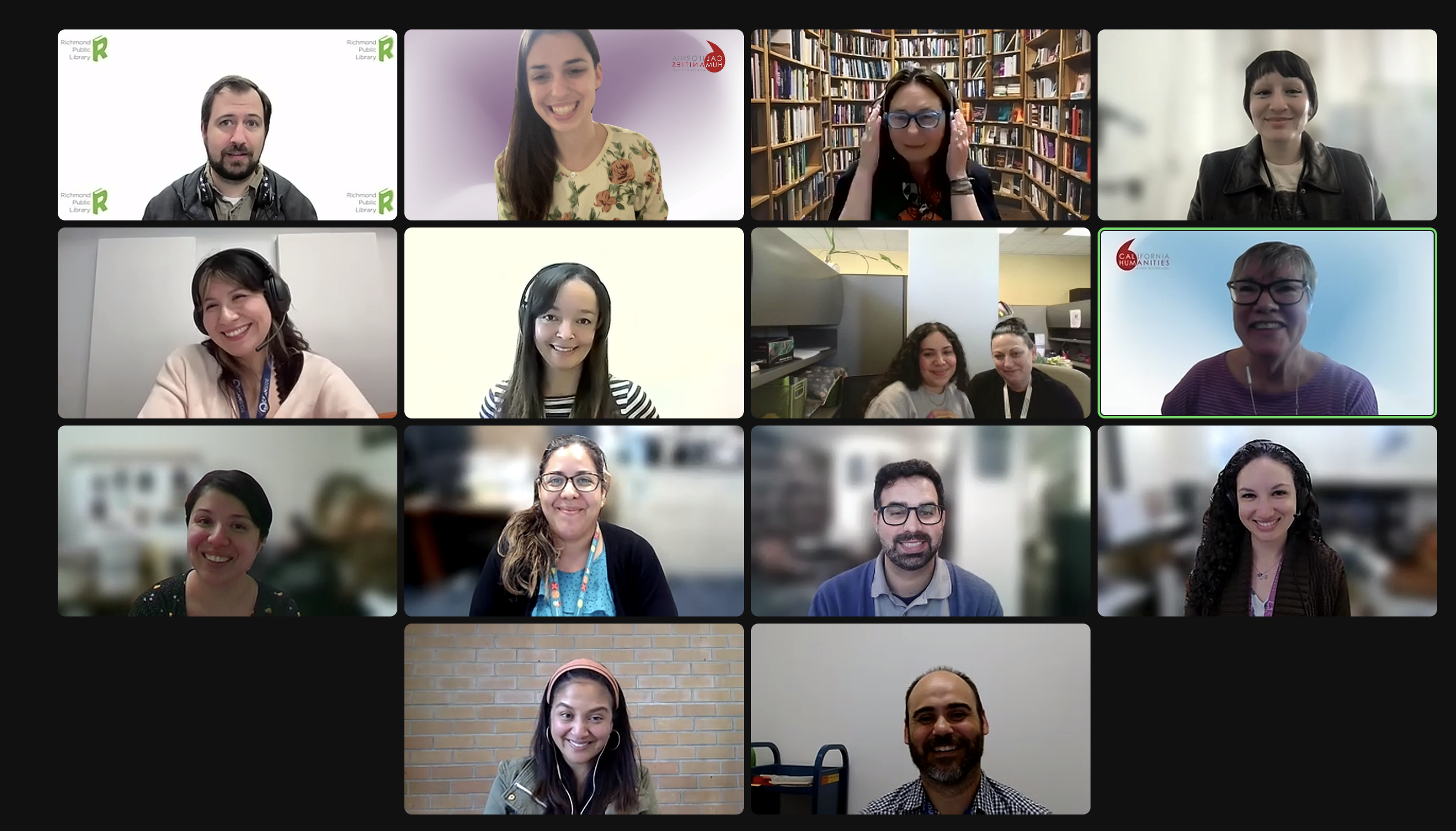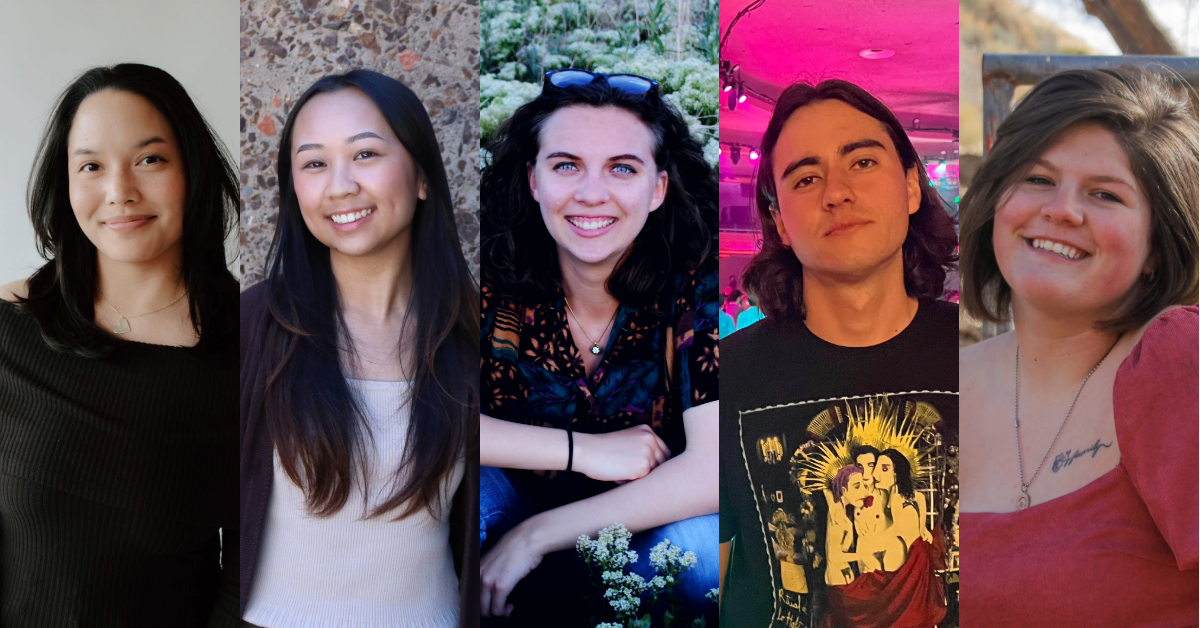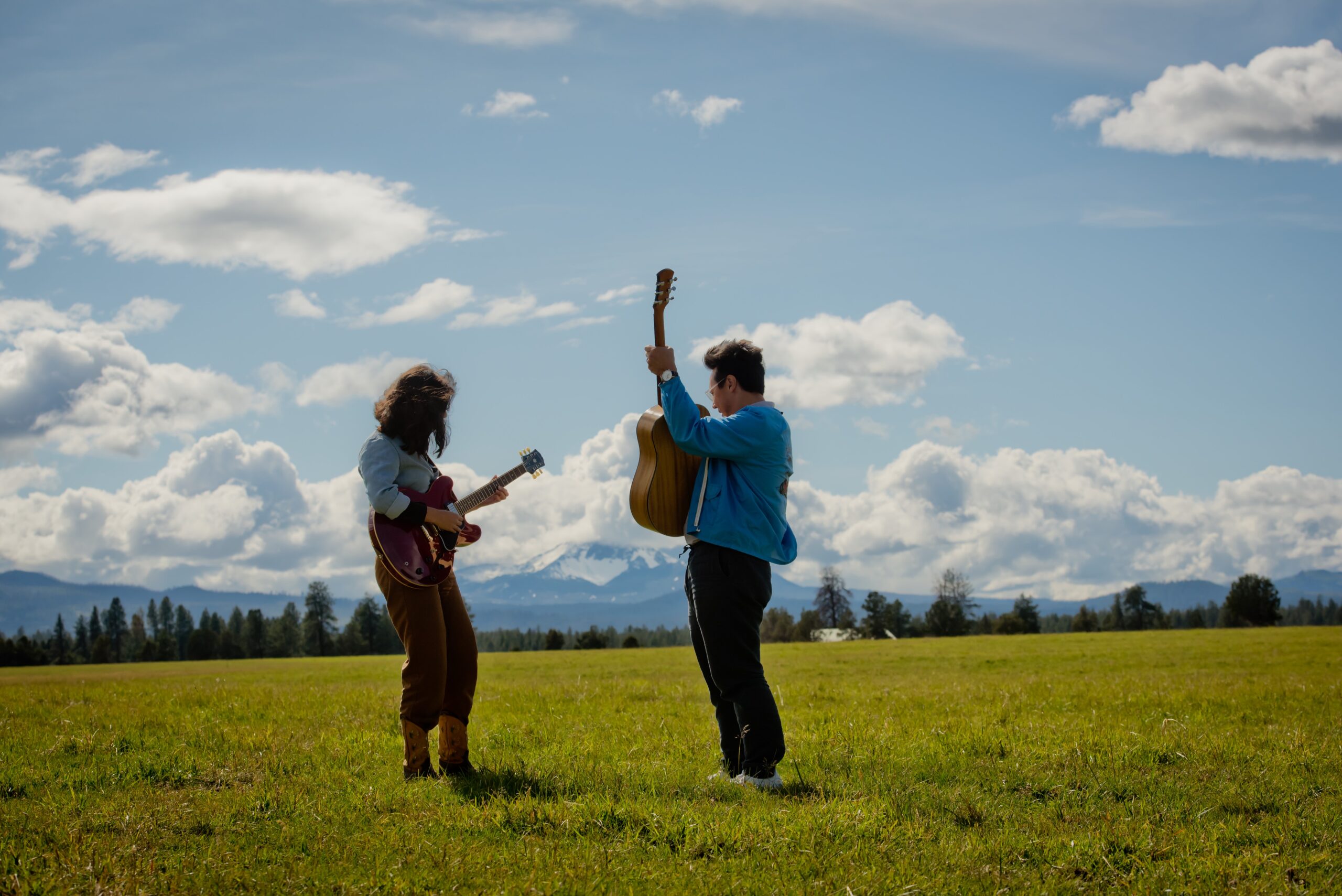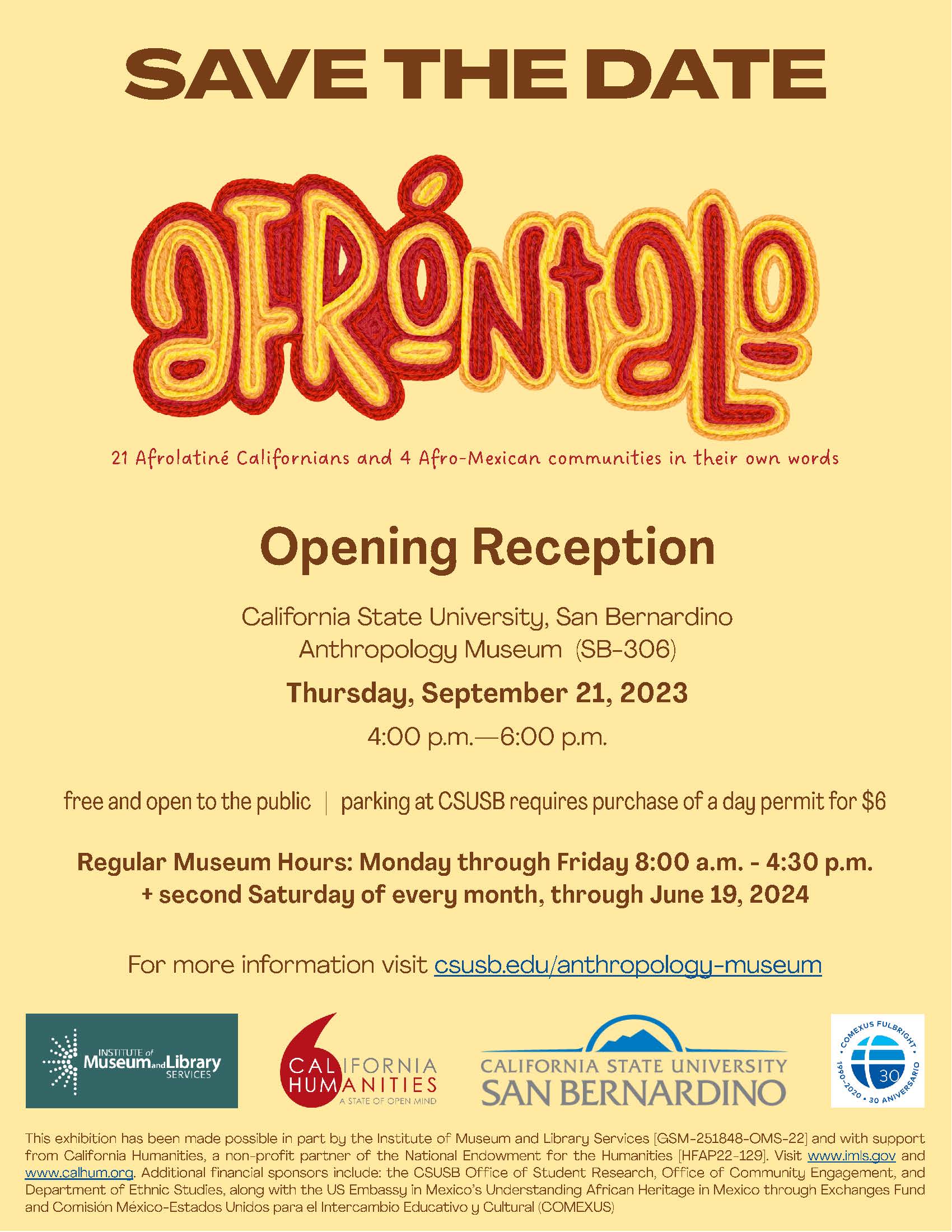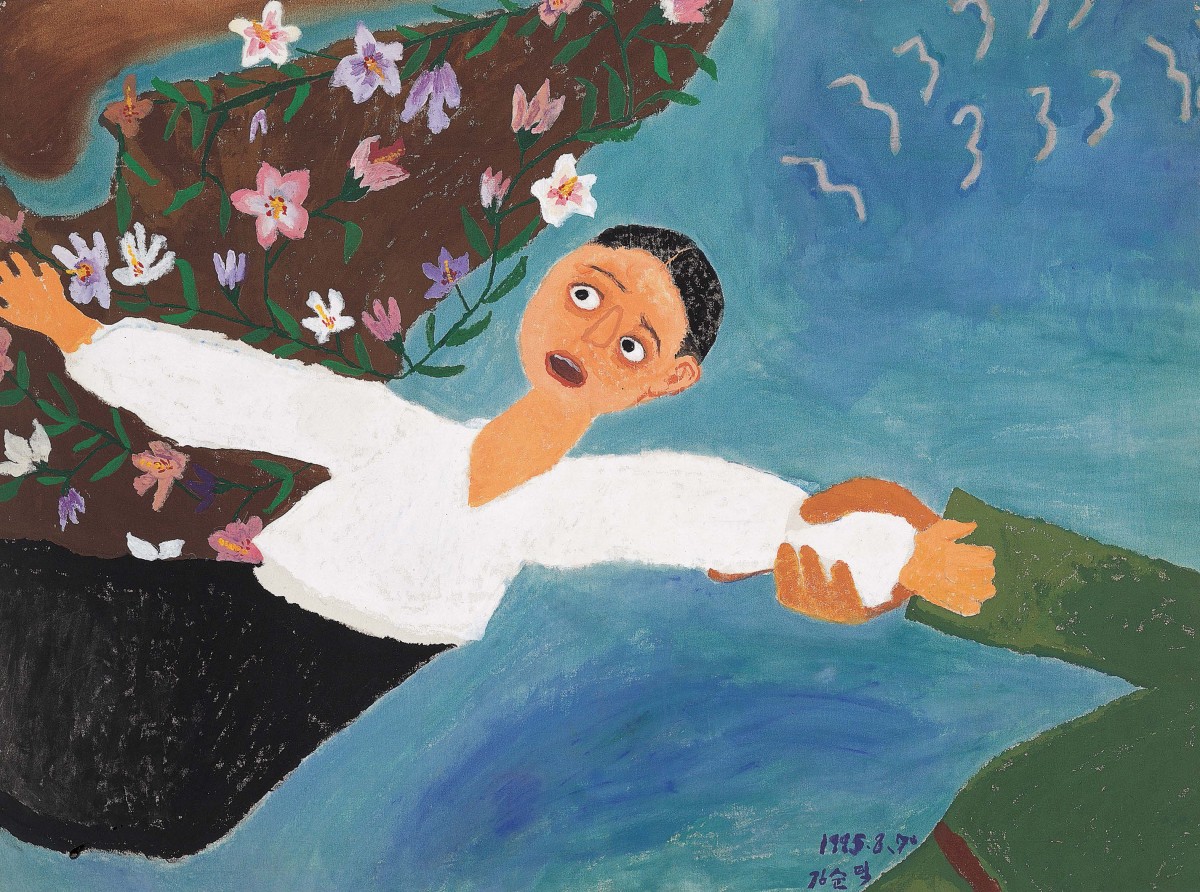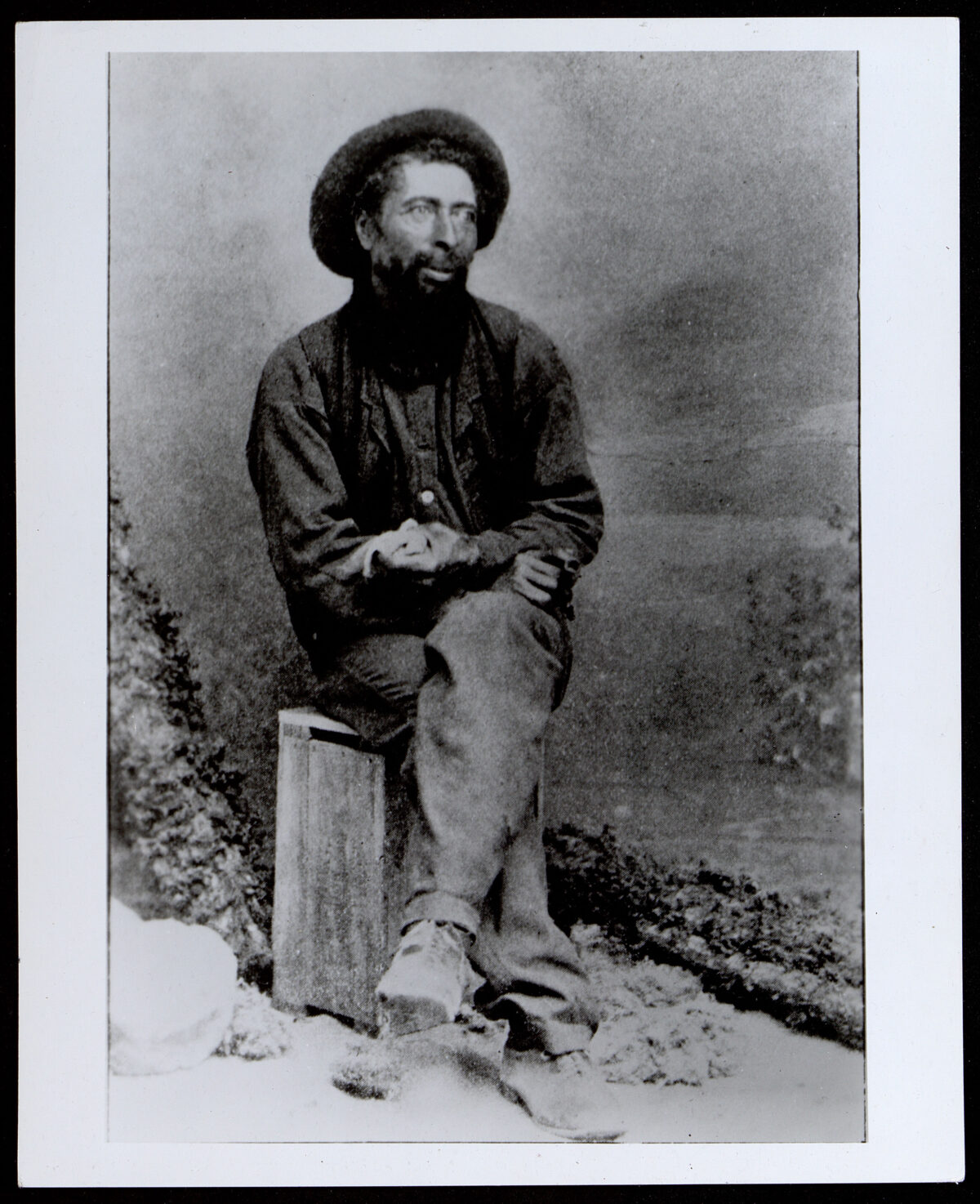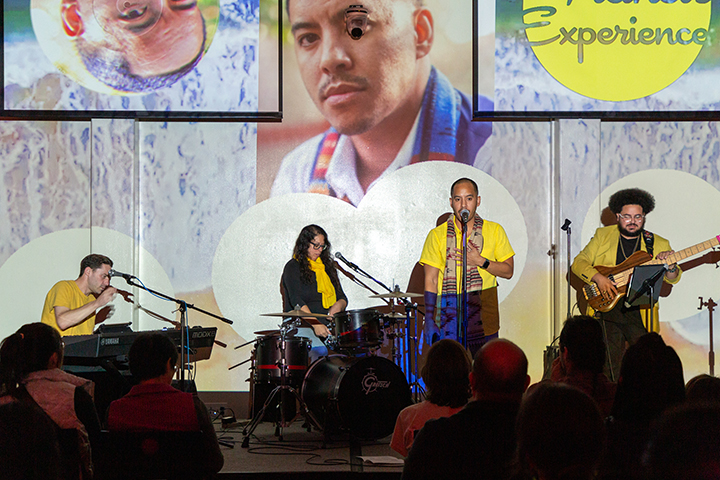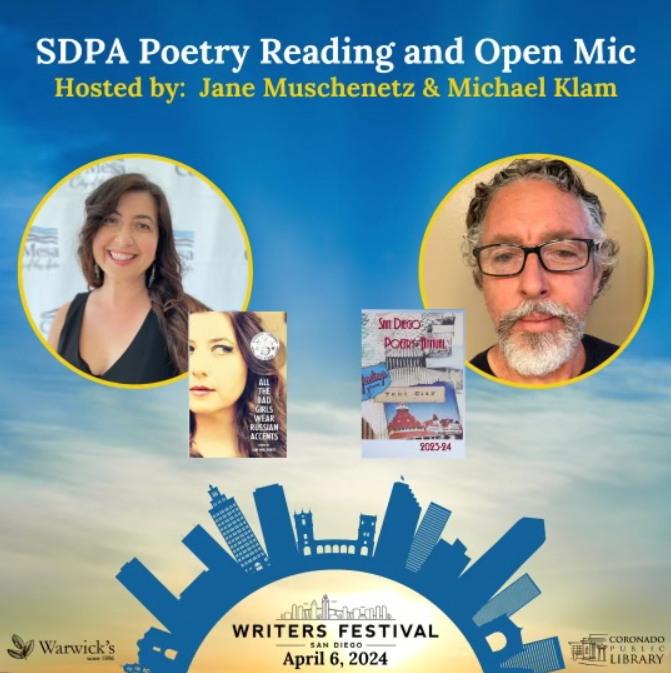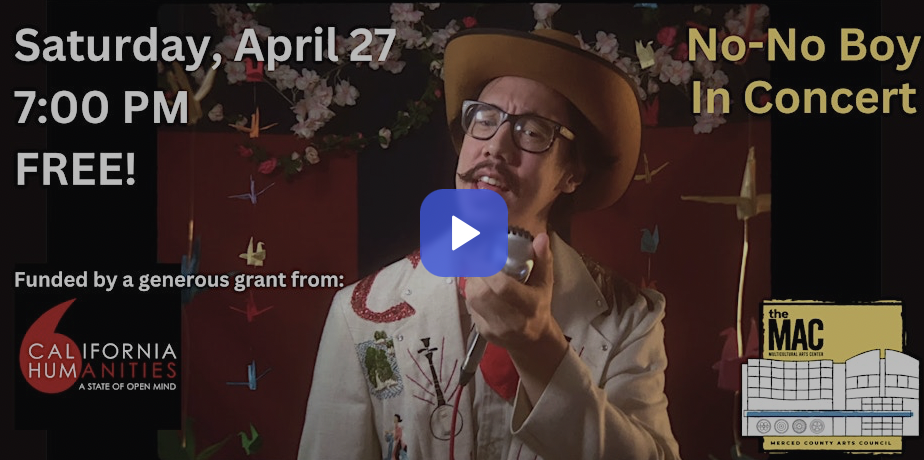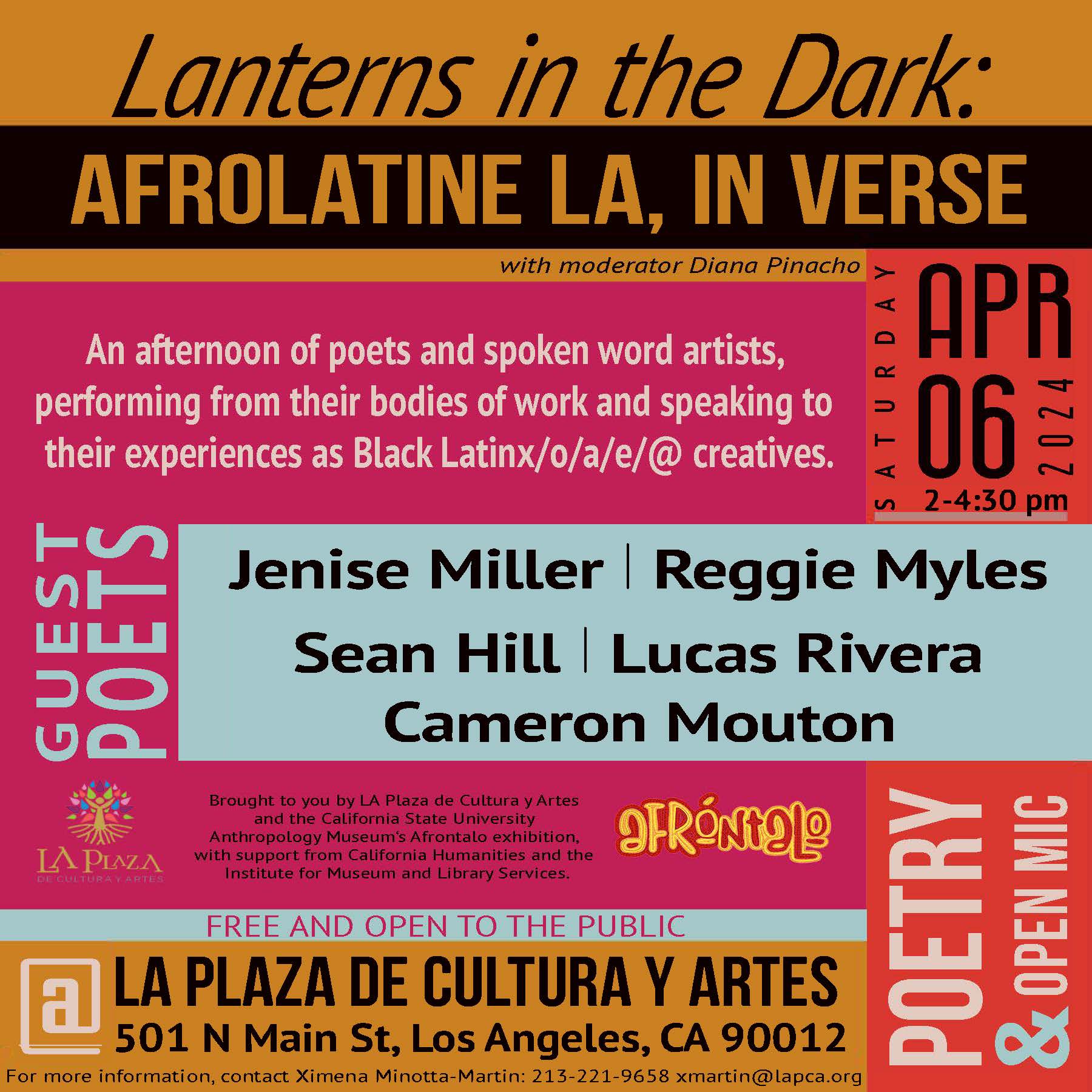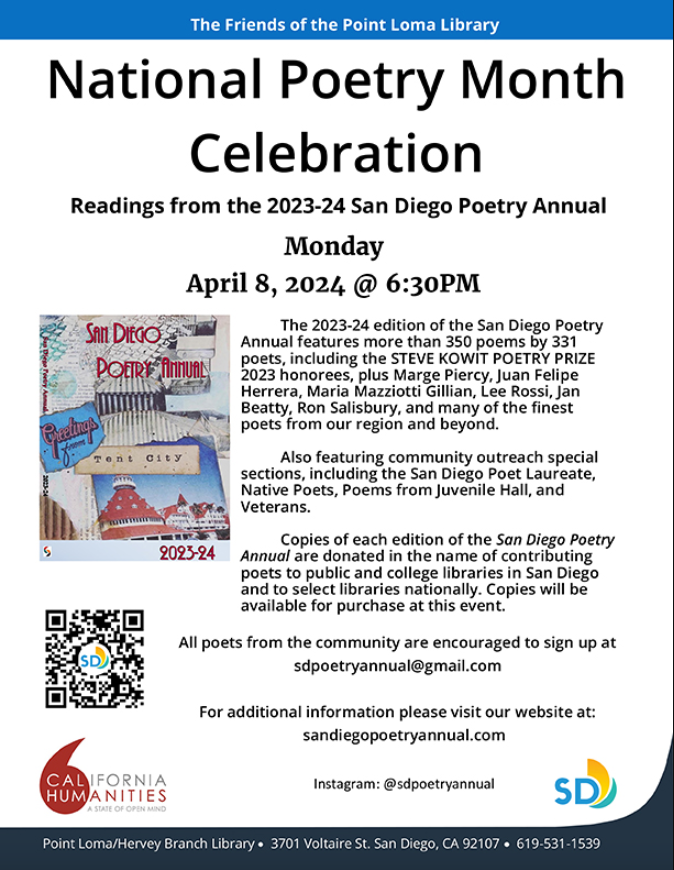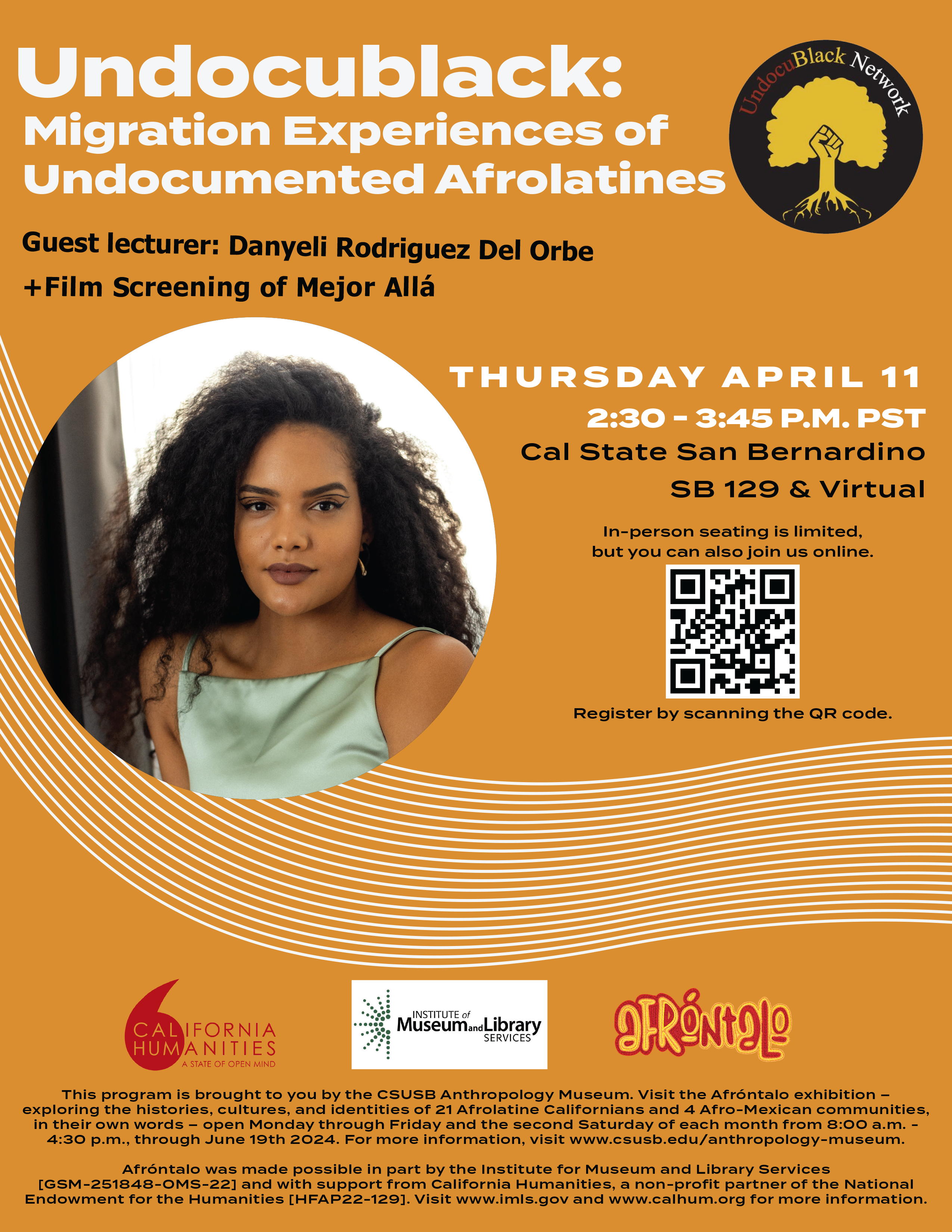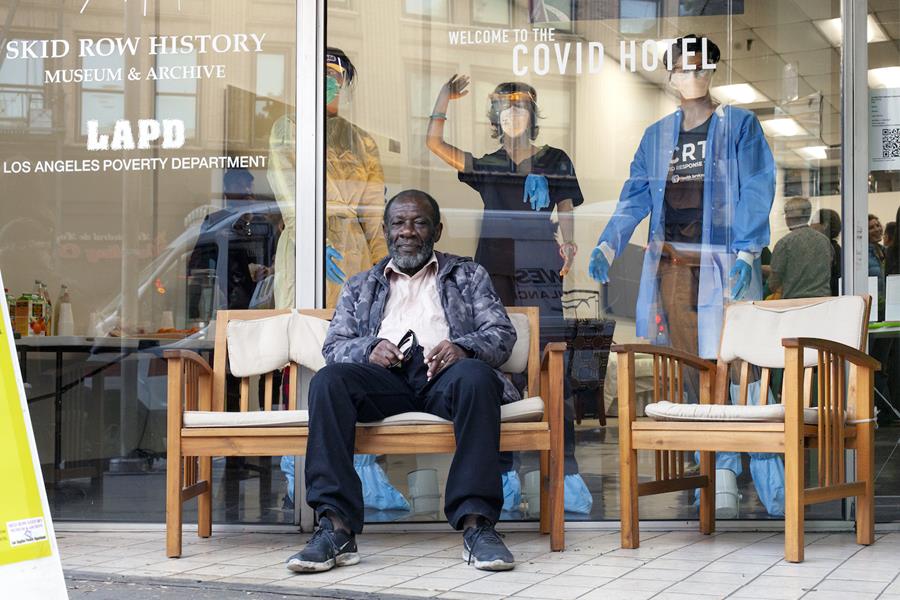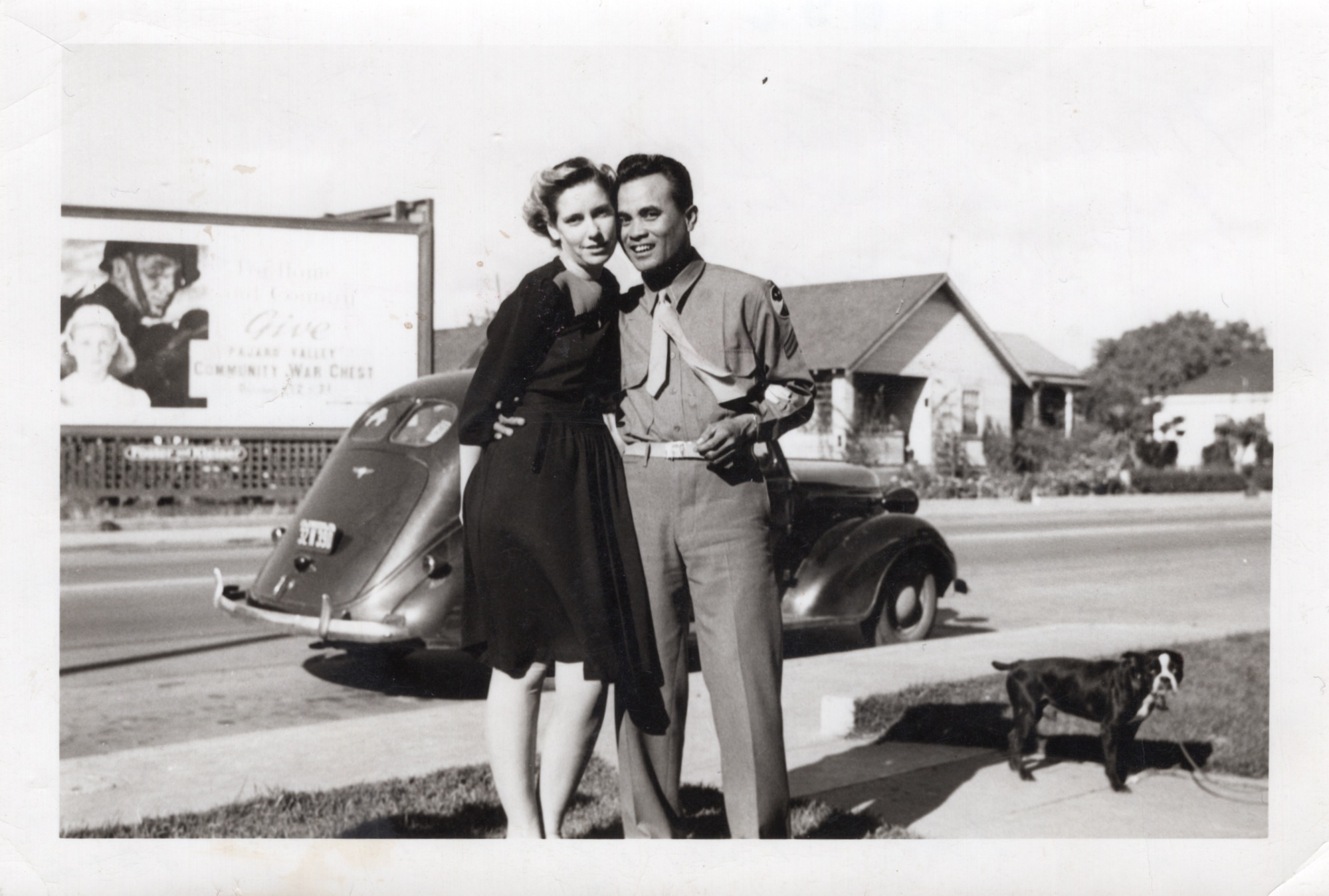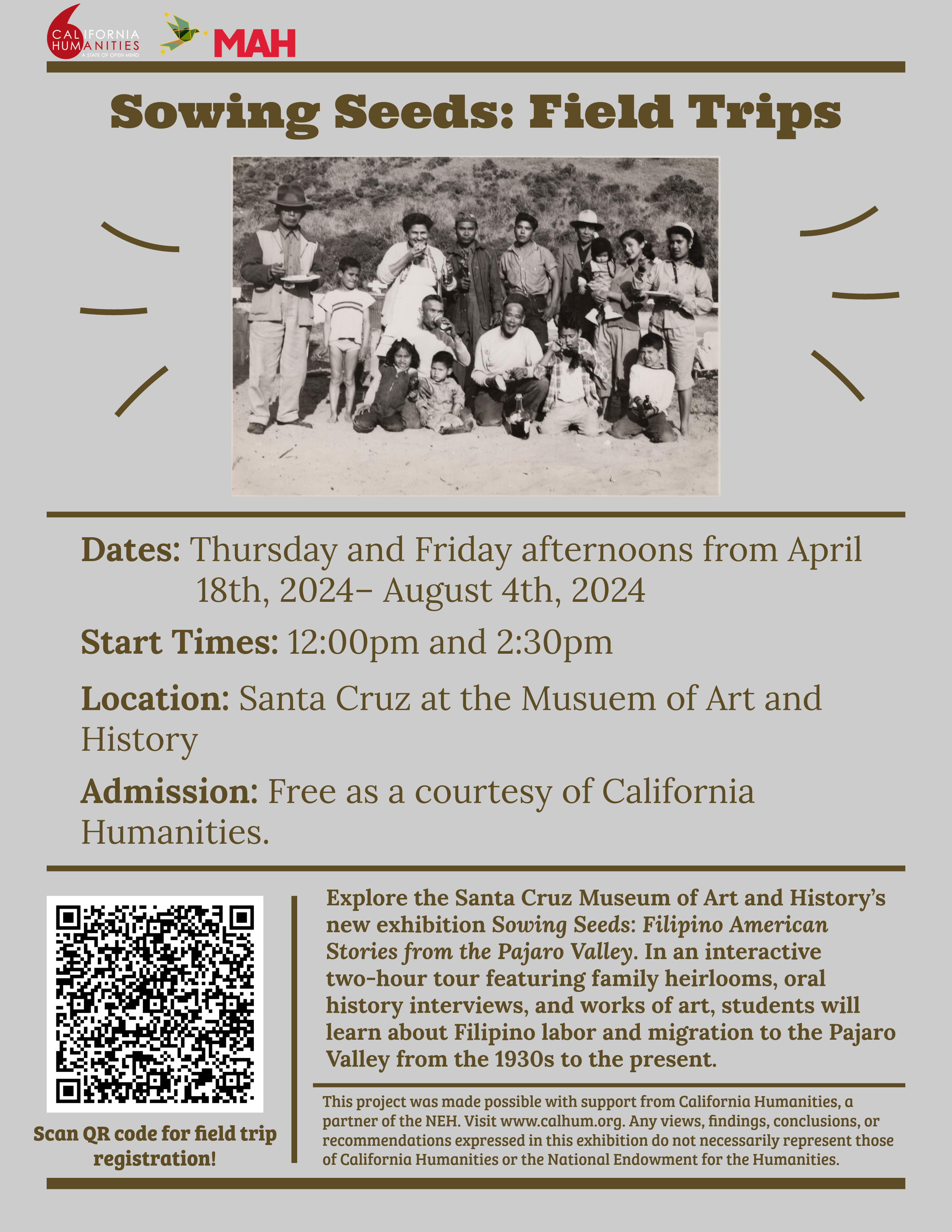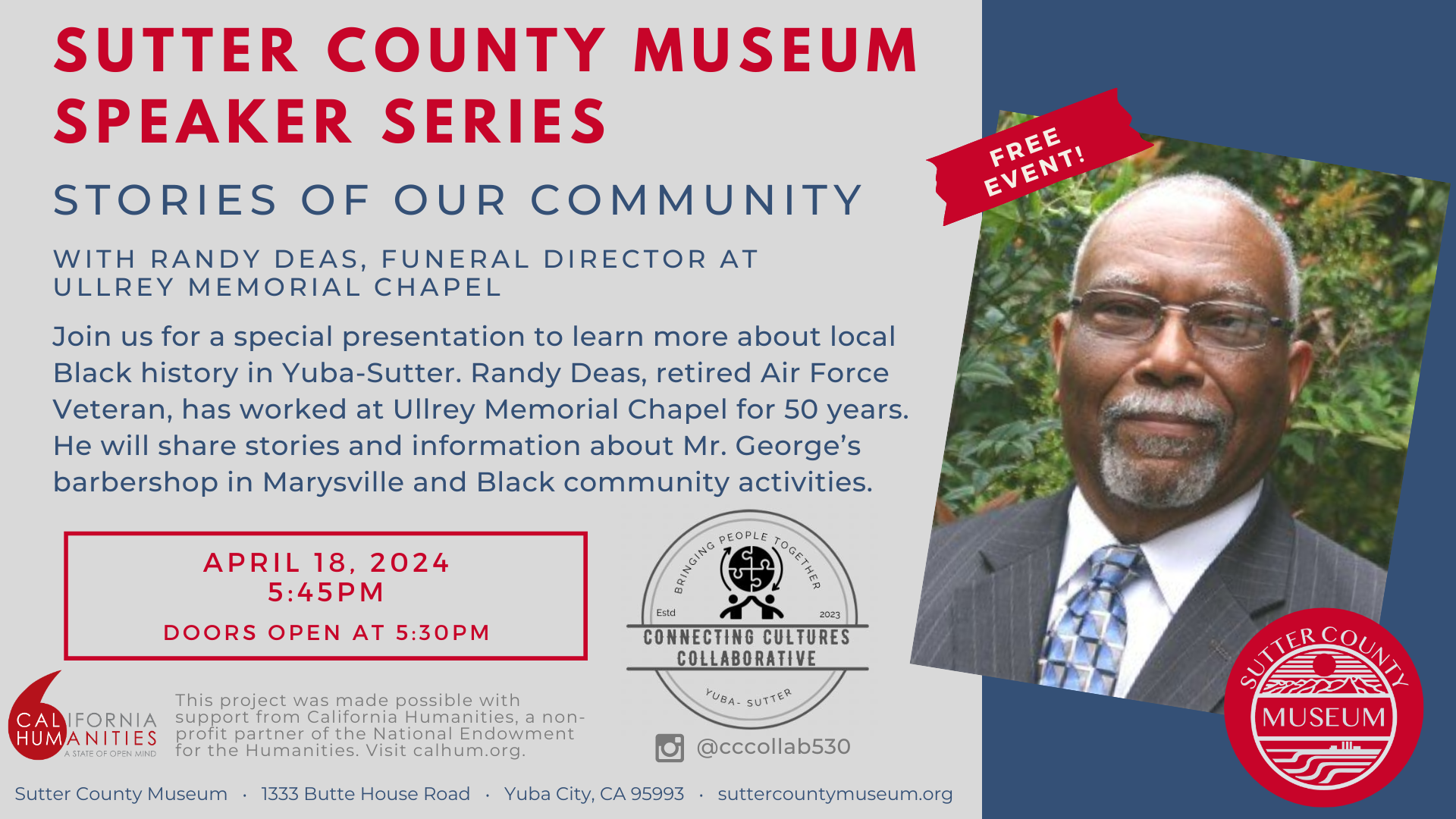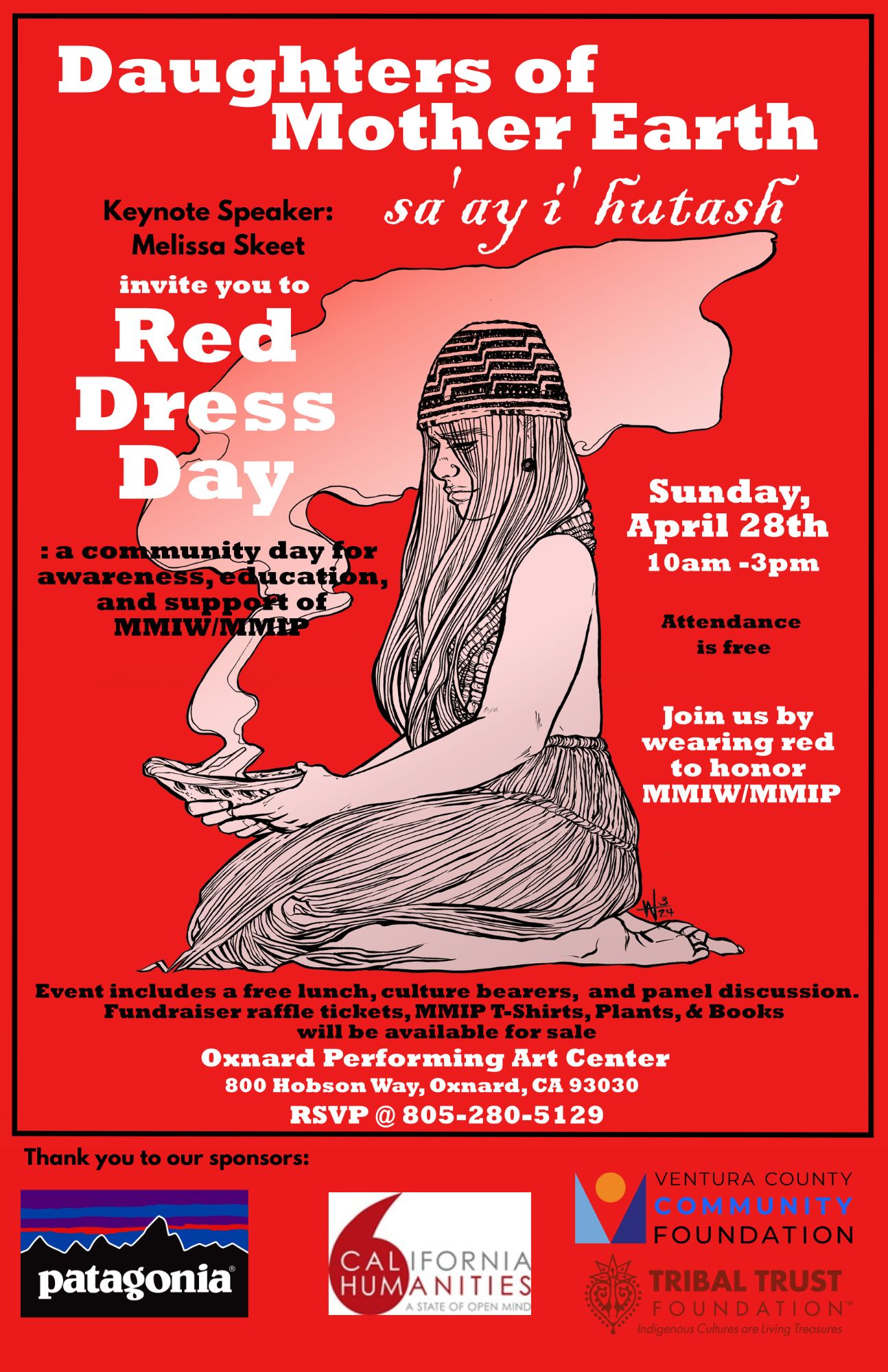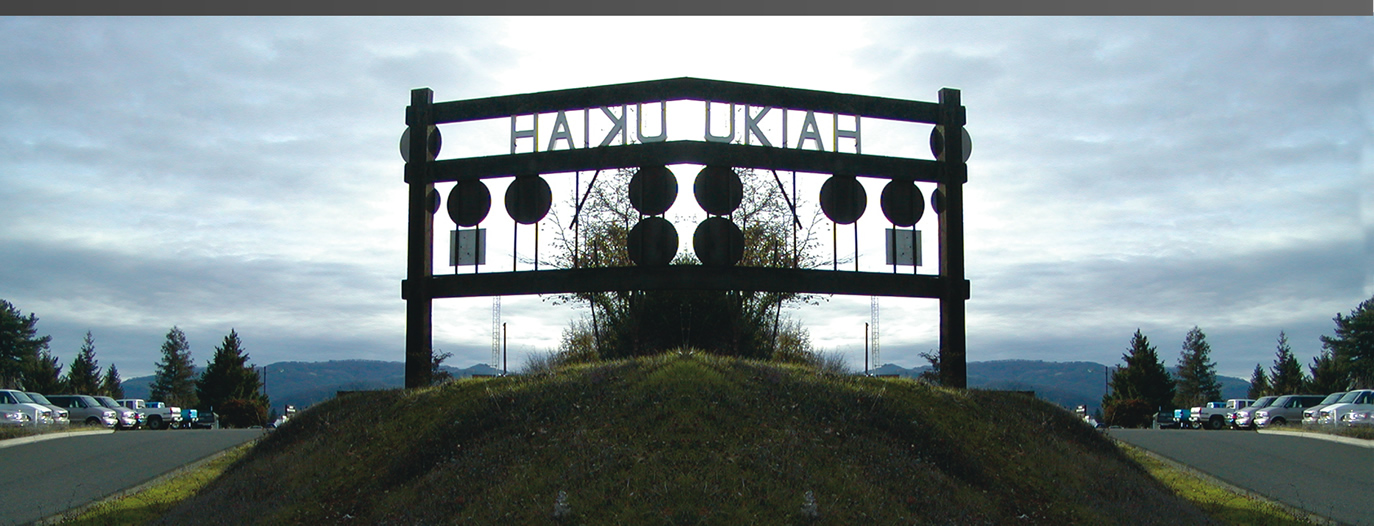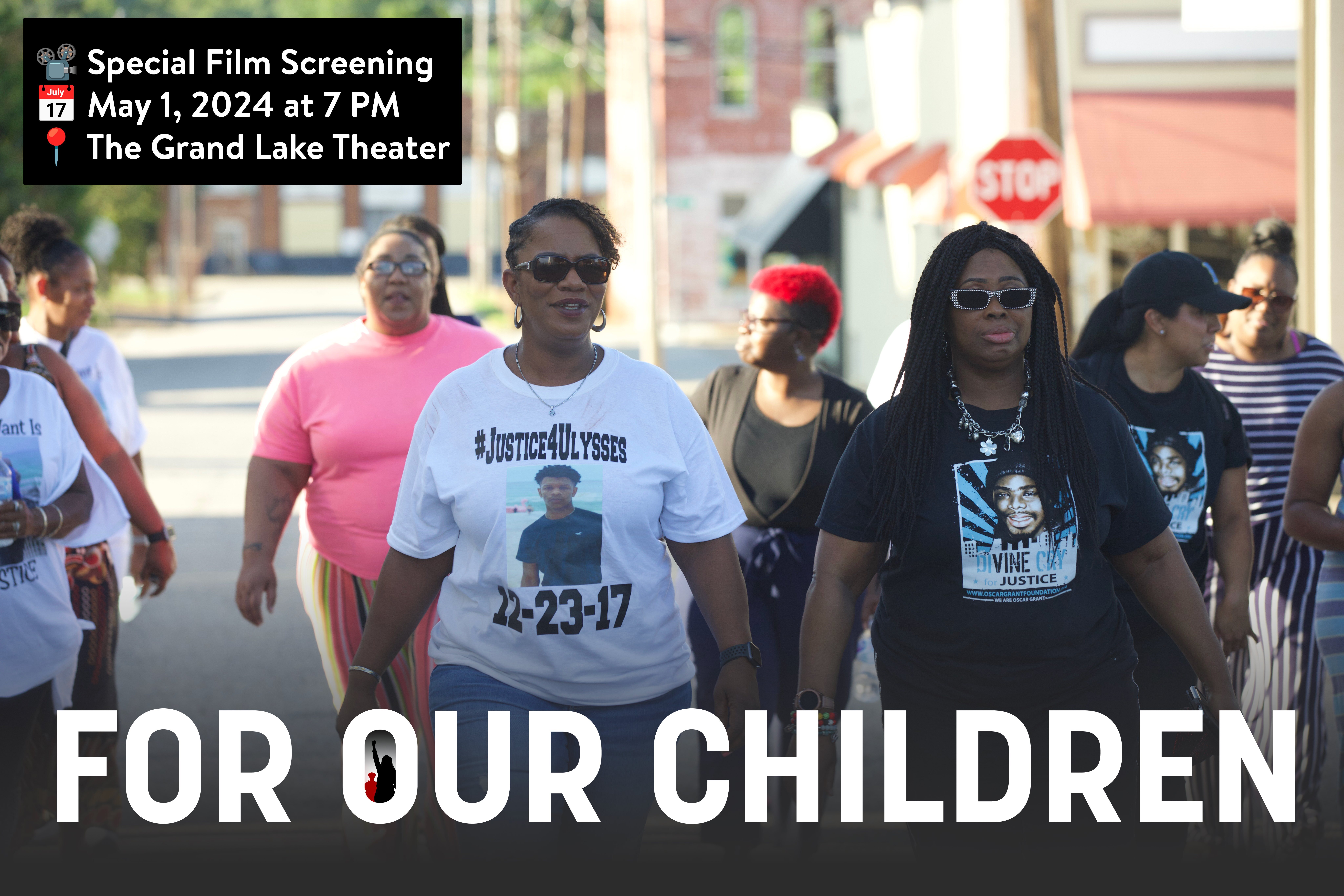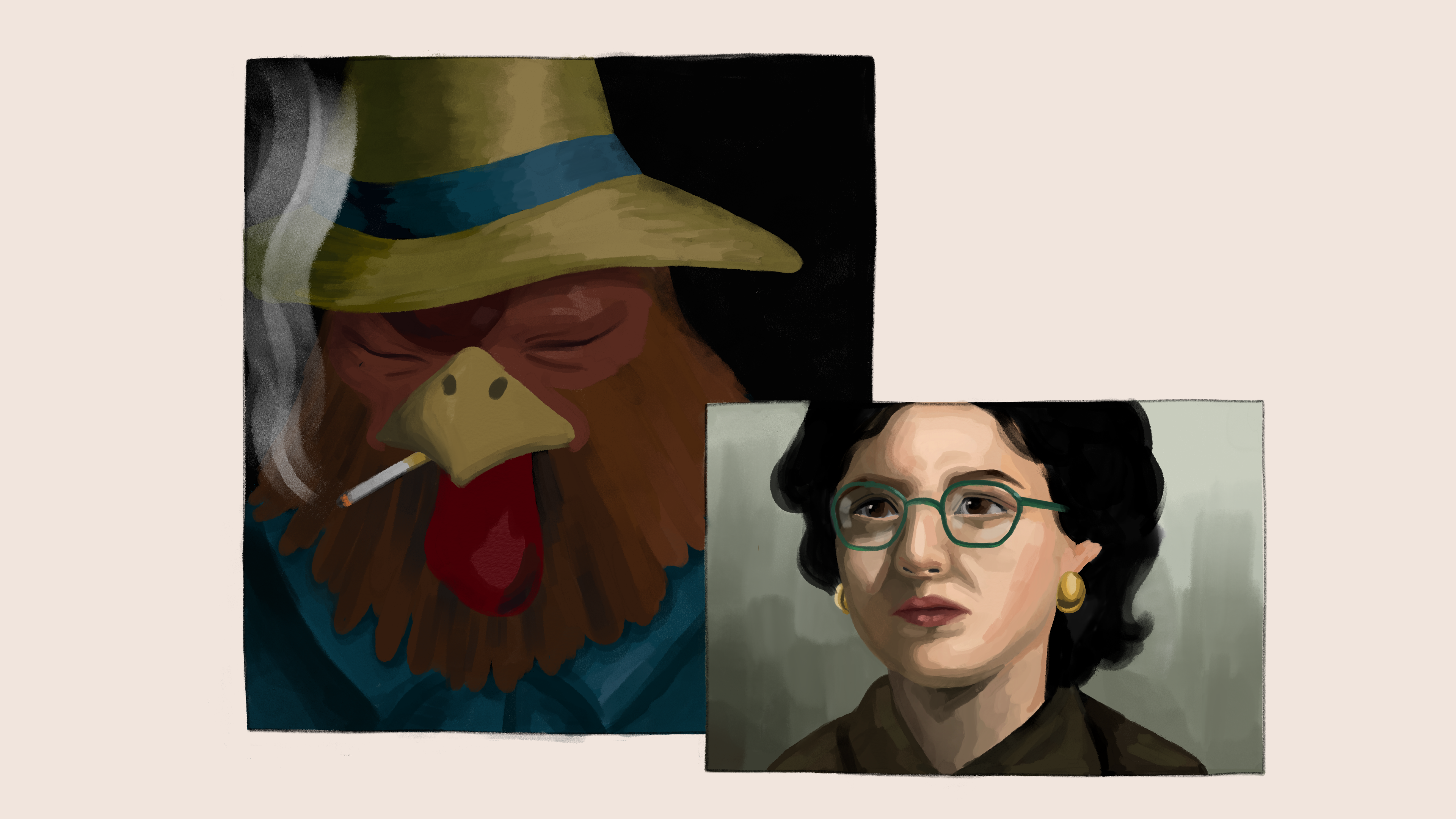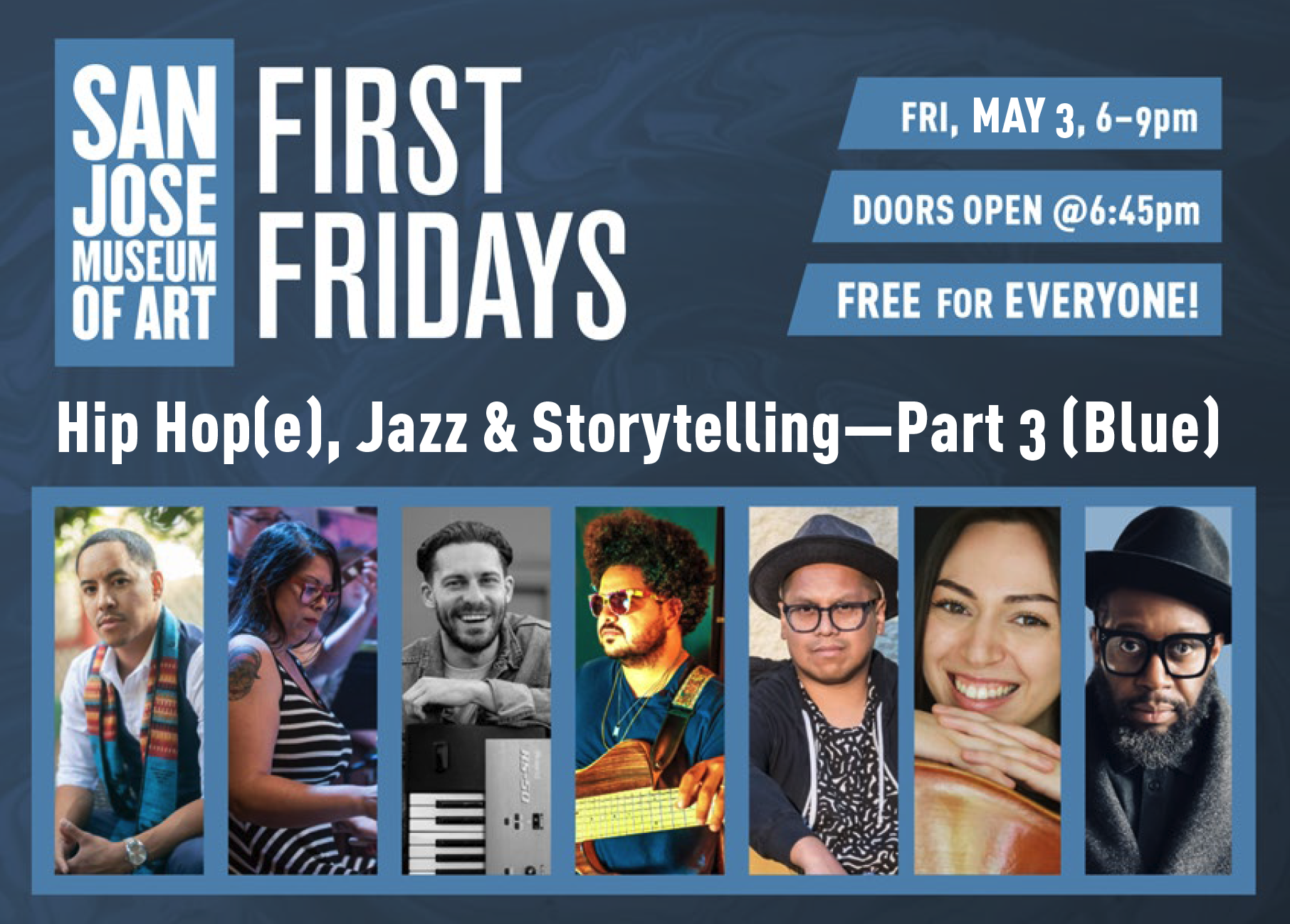Our Mission
To connect Californians to ideas and one another in order to understand our shared heritage and diverse cultures, inspire civic participation, and shape our future.
Our Vision
Californians possess the knowledge, understanding, respect, and empathy to create a more thoughtful, open, and just state.
Our Five-Year Strategic Goal
Because the humanities are essential to a vibrant democracy, California Humanities’ 5-year strategic focus on education, public engagement, and field-building will amplify our impact and make the humanities even more valued, more visible, and more deeply embedded in the lives of individuals and in our communities.
California. A state of almost 40 million people, with millions of stories to share.
A state of writers, filmmakers, storytellers and artists. A state of innovators and thinkers.
A state of open mind.
For over 40 years, California Humanities has helped give voice to voices seldom heard. Through grants and special programs that reach into every corner of our state, we help tell the stories of California. Your stories.
Watch and share this short video about California Humanities.
Our Story
We are an independent nonprofit organization and a partner of the National Endowment for the Humanities. Since 1975, we have been promoting the humanities as relevant, meaningful ways to understand the human condition and connect us to each other in order to help strengthen California. We produce, fund, create and support humanities-based projects and programs, eye-opening cultural experiences and meaningful conversations. During the past 40 years, California Humanities has awarded over $29 million in grants across the state, reaching every Congressional district.
What are the Humanities, Anyway?
We hear this question a lot. The question is, in itself, a complicated one. Often we think about them as academic subjects or fields of inquiry that produce knowledge about human activities, ideas, values, norms, and cultural products: history, literature, jurisprudence, philosophy, religious studies, art history and criticism, anthropology, sociology, as well as newer disciplines such as ethnic, cultural, and gender studies.
But there are other ways to think about them, too. One way might be to see them broadly as a range of activities and practices revolving around cultural life, whatever the setting might be. In this sense, anyone who reads a book or listens to a story, appreciates a work of art, reflects upon the meaning of life, records their memories or chronicles an event, passes on a tradition or wonders where it came from, or asks questions about the values and motivations of human actors, past, present, or future, is “practicing” the humanities.
To others, the humanities are those skills and abilities that enable us to exchange ideas and impressions, listen as well as speak, read as well as write, and expand our understanding through the use of active imagination and empathy — seeing the world through the eyes of another person or the lens of another set of experiences. They are “tools for conviviality.” The humanities can be tools for passing on traditions, values, stories, and accumulated wisdom, but they can also be employed as tools for reflection, analysis, critique, and change.
What’s clear is that the humanities mean – and have meant – many things to many people, in different times and places. What is common is the shared focus on knowing and understanding and communicating about the human experience — our own as well as others.


